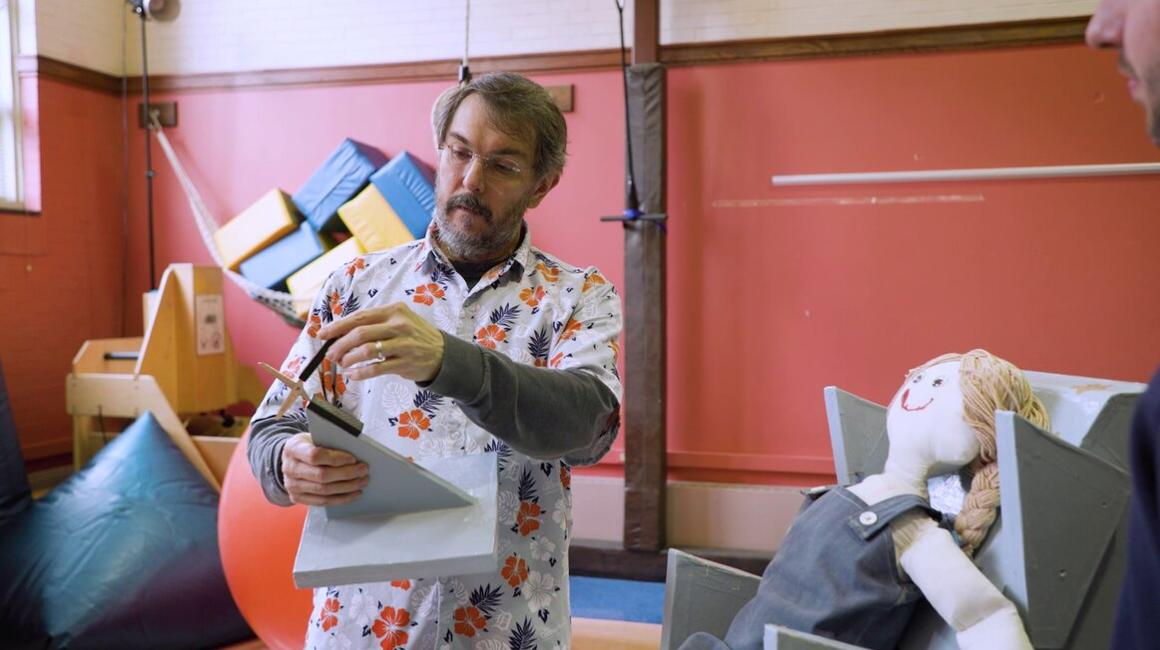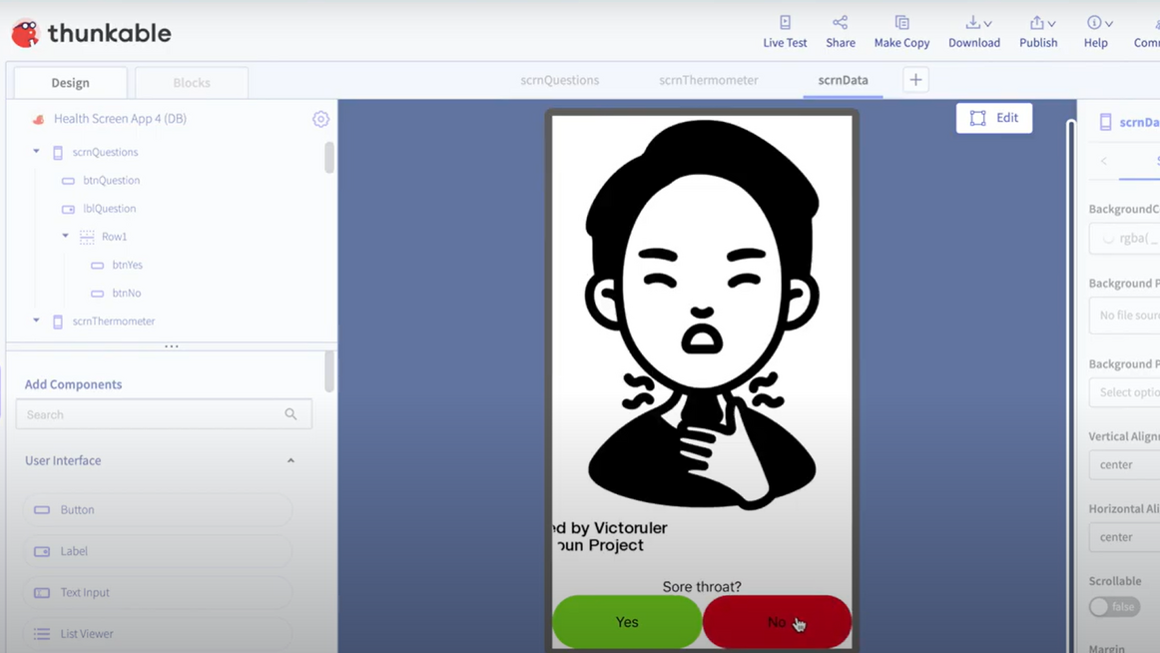The Minor in Assistive Technology prepares students to design and fabricate assistive technologies and provide clinical assistive technology services to people with disabilities. Students learn how to use a variety of design and fabrication technologies (including CAD software, 3D printers, laser cutters and microprocessors). Students also learn to solve problems in interdisciplinary teams and manage complex projects. Students who complete this minor and subsequently meet work experience requirements will be prepared to sit for the Assistive Technology Professional (ATP) certification exam. The minor can serve as a precursor to various paths of study including but not limited to health sciences, biomedical engineering, special education and nursing. The fabrication laboratory courses in this minor necessitate an enrollment limit of 20 students each year. Priority is given to students in health sciences and biomedical engineering.
Program Goals
Students who complete the minor in Assistive Technology will:
- Articulate the knowledge and demonstrate the skills necessary to integrate assistive technology within their own field of study to increase the independence and function of individuals with disabilities.
- Demonstrate the ability to work with individuals of other professions to identify the needs and abilities of an individual with disabilities, design a solution and then fabricate and document that solution.
- Explore multiple areas of assistive technology, to encourage some to pursue additional training to become rehabilitation engineers or assistive technology professionals.
- Learn to design and fabricate devices so that once their discipline-specific training (e.g., OT, Biomedical Engineering, Special Education, etc.) is layered on top, they can configure, modify and combine existing solutions and fabricate new assistive technology solutions for consumers with disabilities.
Minor Requirements
The Assistive Technology minor is designed for students in health sciences and biomedical engineering programs but is available to any undergraduate student at Duquesne University, regardless of major. There are no prerequisites for enrollment in this minor and there is no restriction on credit-sharing between majors and minors, the University Core Curriculum, or a School's or the College's Core Curriculum. The minor must be completed with a minimum grade point average of 3.0. Only students who have been accepted into the minor may be enrolled in the courses in the minor.
The minor requires 15 credits of classroom and laboratory work:
9 credits from Fabrication and Rapid Prototyping
- OCCT/BMED 417: Fabrication of Assistive Technologies: Hardware (3 cr)
- OCCT/BMED 419: Fabrication of Assistive Technologies: Software and Electronics (3 cr)
- OCCT/BMED 421: Fabrication of Assistive Technologies: Studio (3 cr)
3 credits from Commercially-Available Assistive Technology
- OCCT/BMED 550: Environmental Adaptations & Rehabilitation Technology (3 cr)
3 credits from Educational Technology and Universal Design for Learning
- LTSP 201: Foundations of Inclusive Educational Practice (3 cr), or
- GLBH 245: Disabilities Across the World (3 cr), or
- DMA 227: Interactive Media Design (3 cr)
Assistive Technology Minor Application Form
If you have additional questions about the minor, please contact Dr.%20Richard%20Simpson.




